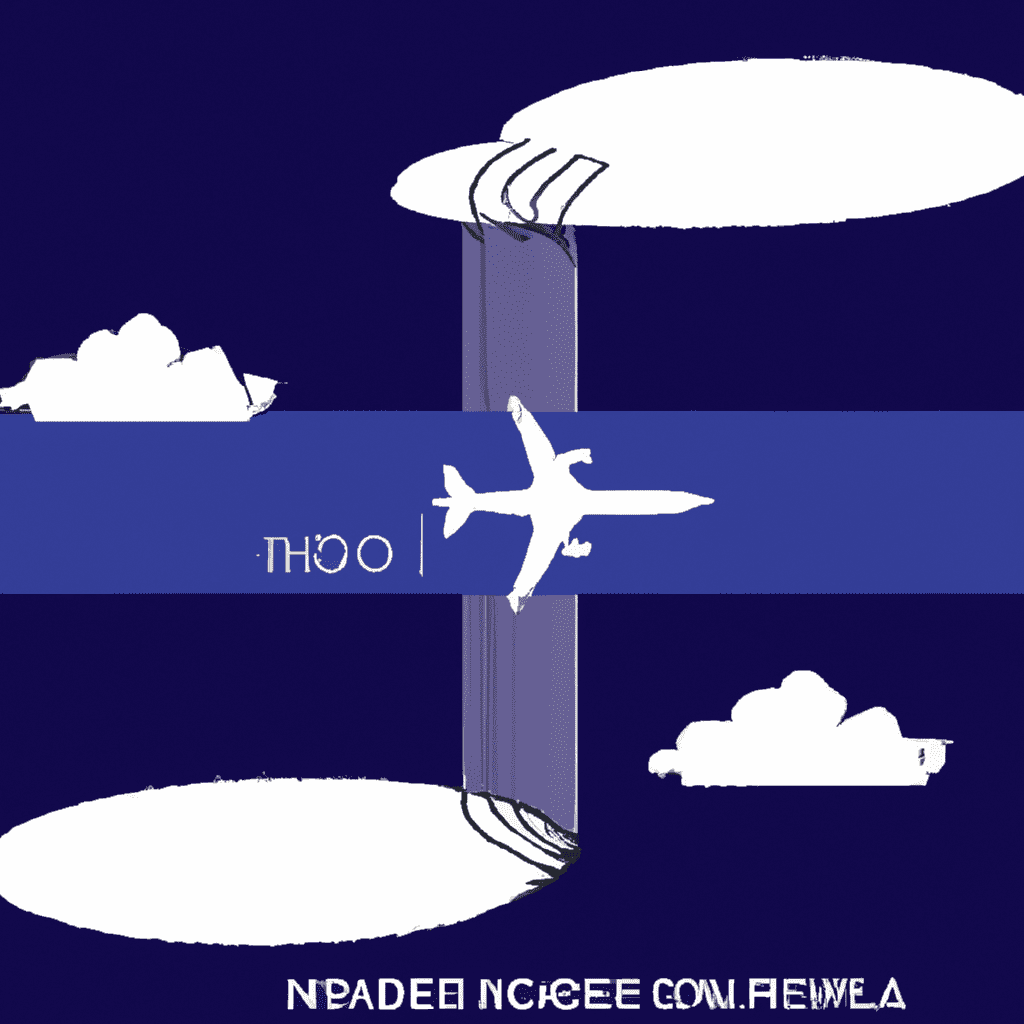Pakistan Denies IndiGo Delhi-Srinagar Flight Access to Airspace: Turbulence Ahead – Shlok’s Automation
With the world constantly growing more interconnected, it is easy to forget that the skies above us are divided by international borders. Recent news provides a stark reminder of this, as Pakistan denied an IndiGo Delhi-Srinagar flight pilot’s request to use its airspace to avoid turbulence. This decision has stirred up quite a buzz in the aviation industry, prompting questions about the political, safety, and operational implications.
The Incident: A Turbulent Request
On a routine flight from Delhi to Srinagar, an IndiGo pilot found himself navigating through a patch of rough weather. To ensure passenger safety and comfort, the pilot requested permission to deviate from the planned flight path and enter Pakistan’s airspace. However, the request was promptly declined by Pakistan’s air traffic control.
This occurrence, while relatively minor in the grand scheme of aviation operations, has nevertheless sparked a flurry of attention. It highlights the complex web of international regulations guiding the use of airspace and the potential for political tensions to spill over into the realm of aviation.
The Implications: From Safety to Politics
Safety First
One of the primary responsibilities of a pilot is to ensure the safety and comfort of their passengers. Turbulence, while not typically dangerous, can be unsettling for passengers and can even result in injuries if it is particularly severe or unexpected.
In this context, the pilot’s decision to seek an alternate flight path seems perfectly reasonable. However, the denial of the request forces us to question whether political considerations should ever trump safety concerns in aviation. After all, the skies do not recognize political borders, and turbulence does not discriminate based on nationality.
The Politics of Airspace
The denial of the IndiGo flight’s request does not exist in a vacuum. It comes against the backdrop of long-standing tensions between India and Pakistan, which have had a significant impact on the aviation sector.
In 2019, Pakistan closed its airspace to Indian flights for several months following a military standoff, causing significant disruptions to international air travel. While this measure was lifted later in the year, it set a precedent for the use of airspace as a tool in political disputes.
The denial of the IndiGo flight’s request, while arguably a much smaller issue, can be seen as a continuation of this trend. It serves as a reminder that the realm of aviation is not immune to the effects of political discord.
Operational Challenges
From an operational perspective, the denial of the request also poses challenges. Flight routes are carefully planned to optimize fuel efficiency and minimize travel time. Deviations from these routes can result in increased fuel consumption and longer flight times, impacting both the airline’s bottom line and passenger satisfaction.
Thus, the inability to access certain airspaces due to political considerations can significantly complicate flight operations, adding another layer of complexity to the already challenging task of managing an airline.
The Takeaway: Navigating Turbulent Skies
In conclusion, the denial of the IndiGo Delhi-Srinagar flight’s request to use Pakistan’s airspace serves as a stark reminder of the complexities and challenges of international aviation. From safety concerns to political tensions and operational difficulties, it is clear that navigating the world’s skies is not as straightforward as it might seem.
While the situation may have caused some turbulence, it also provides an opportunity for dialogue and cooperation. After all, the skies are a shared resource, and ensuring their safe and efficient use benefits everyone. Ultimately, it is hoped that solutions can be found that prioritize safety and efficiency over political considerations, for the benefit of all who take to the skies.
Anurag Dhole is a seasoned journalist and content writer with a passion for delivering timely, accurate, and engaging stories. With over 8 years of experience in digital media, she covers a wide range of topics—from breaking news and politics to business insights and cultural trends. Jane's writing style blends clarity with depth, aiming to inform and inspire readers in a fast-paced media landscape. When she’s not chasing stories, she’s likely reading investigative features or exploring local cafés for her next writing spot.






